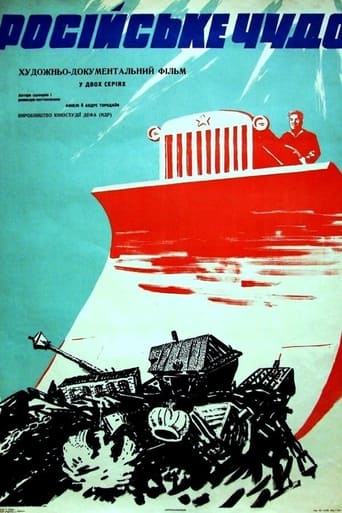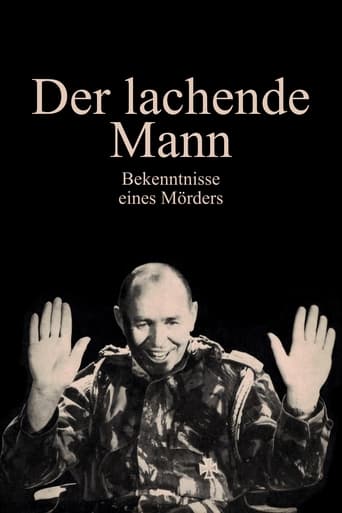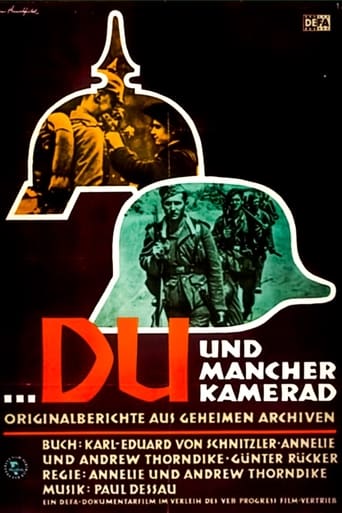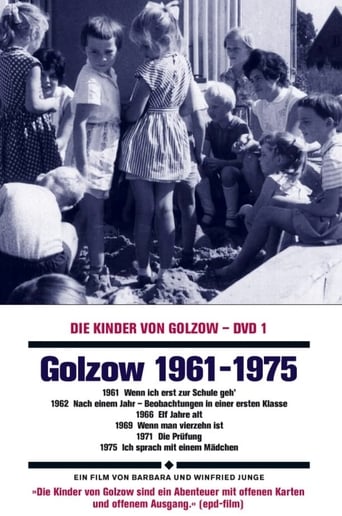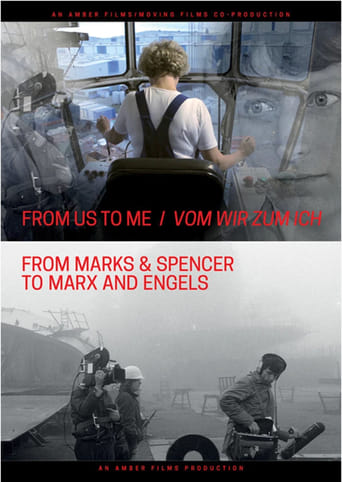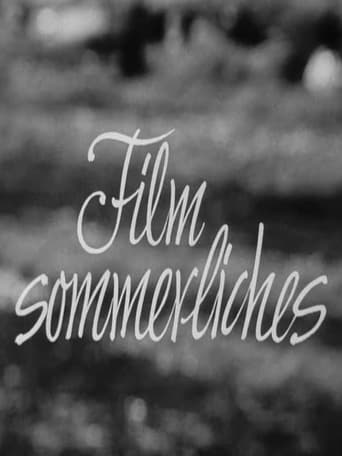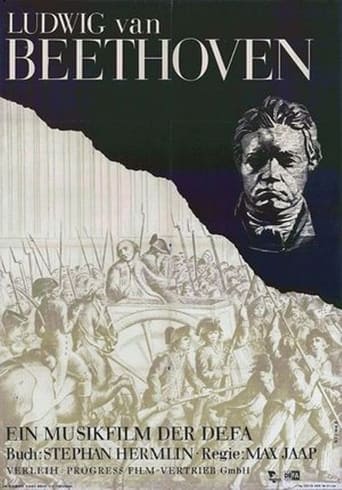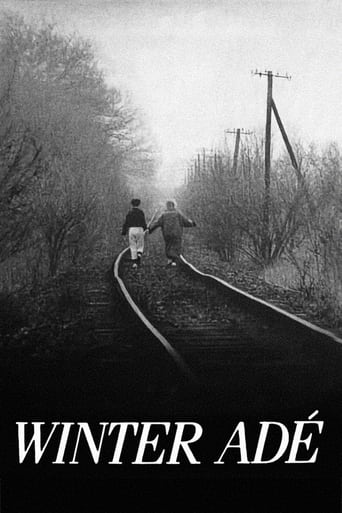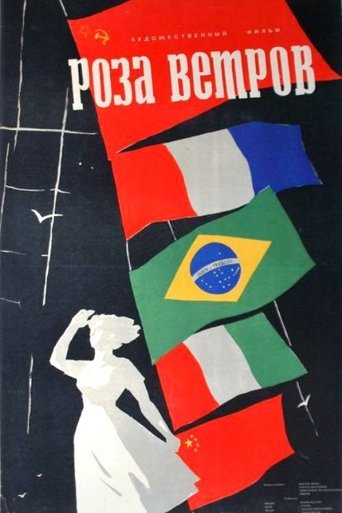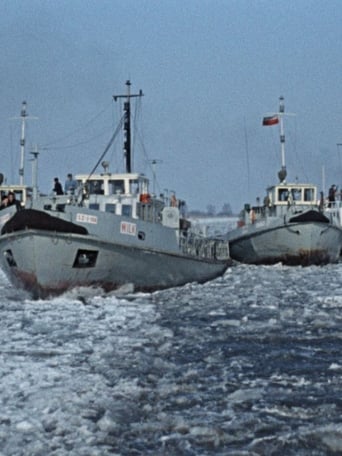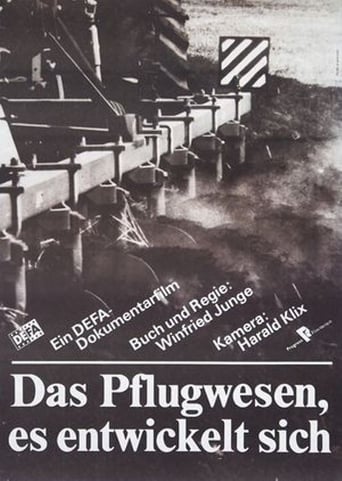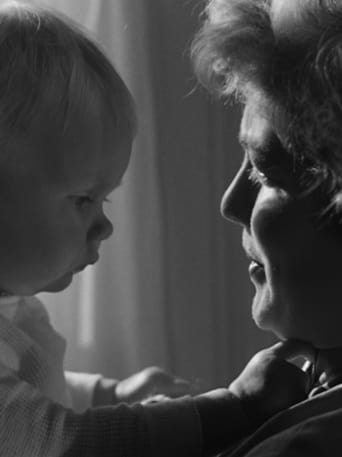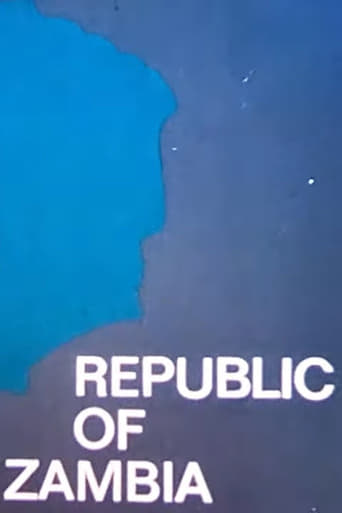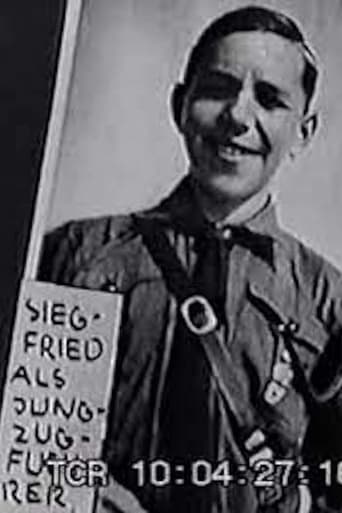DEFA-Studio für Wochenschau und Dokumentarfilme
The Laughing Man 1966
Posing as West German journalists, East German documentary filmmakers Heynowski and Scheumann pay a visit to the notorious Nazi-turned-mercenary Siegfried “Kongo” Müller, pump him with booze, and get him to talk about his life and war campaigns in Africa.
Du und mancher Kamerad 1956
Found footage documentary about the rise of the nazi party and the second world war.
Wenn ich erst zur Schule geh 1962
The children of Golzow, six or seven years old, in kindergarten. Their enrollment in school together, the first days of school. Playfully learning the first letter. Conflicts between wanting and having to.
Elektrisch betriebene Strecken der Eisenbahn 1989
Short film about electric railroad lines
From Us To Me / Vom Wir zum Ich 1988
This first co-production between the GDR and Great Britain is intended to contribute to an understanding of the situation and attitudes of millions of working people in opposing social orders. Using the example of shipyard workers, fishermen, the brigade and family of a trade union active cook and unemployed person of various ages and professions in Newcastle on the one hand and a brigade of crane operators of the Warnowwerft and fishermen of the Warnemünde cooperative on the other hand, insights into the way of life and attitudes of people of our time are to be conveyed.
Filmsommerliches 1966
Ludwig van Beethoven 1954
Documentary on the master composer, from a GDR point of view.
The Wall 1990
A documentary about the deconstruction of the Berlin Wall which makes no use of vocal commentary but instead focuses on visual elements. From the Potsdamer Platz to the Brandenburg Gate, the camera captures the historic events from all sides and different angles: on the one hand there are news reporters and tourists from all over the world taking pictures, children selling pieces of the wall to passers-by, and people celebrating New Year's Eve, on the other we see abandoned subway stations and officials with blank looks on their faces.
Berlin – Bauplatz der Jugend 1982
Documents the work of youth work action on construction sites in East Berlin.
After Winter Comes Spring 1989
A locomotive journey traversing the North to the South of the German Democratic Republic on the eve of its dissolution. Labourers, punks, mothers, intellectuals, young and old are implored to reflect on their life choices, the sacrifices they've made, and their place in the world. Despite everything, hope persists.
The Wind Rose 1957
An international anthology about the struggles of female workers around the world.
Das Haus hinter dem Kupfergraben 1988
Documentary short.
Auf der Oder 1970
The Vast Field 1976
Social, cultural, and historical changes in a village, the first film of Koepp's “landscape” series.
Der springende Punkt 1987
Archive footage of bomb detonations during the Second World War combined with abstract graphic elements which show the destructive potential of modern nuclear missiles. Together the images are a silent warning of armament and war.
Mein Kind 1956
Republic of Zambia 1979
Erich Honecker visits the Republic of Zambia
P.S. to The Laughing Man 1966
The epilogue to the film "The Laughing Man" (1966), which alternates between objectivity and anger, exposes the involvement of the West German mercenary Siegfried Müller in the war against the Congolese government Lumumba. In the sequel, new witnesses against Major Müller have their say, including a former school friend and a French paratrooper colonel. GDR lawyer Kaul reports on the status of the criminal proceedings against Müller, while the final images show the war criminal feeding the ducks in South Africa.
